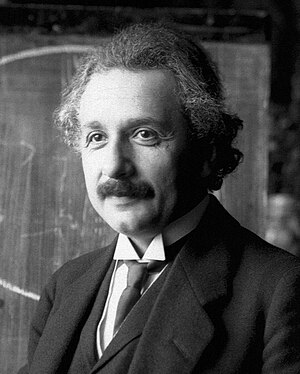
Note: A greatly expanded version of this post can be read here.
Current neuroscience research supports the Buddhist belief that we are sleepwalking through life (“budhi” means to wake up), as well as the theory behind the Enneagram that we are all on autopilot most of the time. Although we have the impression that our behavior is consciously chosen, consciousness comprises only a small part of our brain’s activity—and consciousness is both limited and a huge energy hog. The vast majority of our thoughts, feelings, and actions are the result of brain activity we aren’t even aware of.
It can be hard to come to terms with the idea that we’re not consciously choosing every single thing we do. Even if we don’t always like what we’ve done—or at least the results—we want to believe we have freely chosen to do those things. Choice and freedom go hand-in-hand for us, and free choice means we have the ability or power to decide and to act of our own free will. But the reality is that our unconscious rules us to a considerable extent; and there is no way for us to directly access the unconscious.
We evolved this way in order to increase our chances of surviving. If we were forced to consciously think about everything we do, starting when we get out of bed in the morning, we would quickly deplete our brain’s reserves of conscious attention. Then, when a situation arose that required conscious attention, we wouldn’t have any left to devote to it. The expression “brain dead” aptly describes this state.
When we’re “brain dead,” our brain hasn’t really stopped functioning. We probably can’t solve a tricky problem or plan a complex project or learn and retain new information. But our unconscious is still operating just fine. It can get us home while looking out for any potential danger, take us through the operation of familiar kitchen appliances or drive-through restaurants to get us fed, and make sure we complete our regular bedtime routines.
Those are the kinds of things our unconscious does best. It’s always looking out for us, which is a very good thing. However, it has much more influence over us than we’re aware of, and it’s been influencing us our entire lives. After decades of believing we’re running the show, it can be tough—and initially alarming—to recognize how little control we actually have.
Yet, waking up to this state of affairs and figuring out where to find the autopilot switch is the only chance we have of actually gaining some control. Neuroscience is now giving us an opportunity to take a peek under the hood, so to speak. It’s fascinating to me. The research supports what I’ve been aware of ever since I was introduced to the Enneagram nearly 20 years ago–and what Buddhism has been telling us for centuries.




